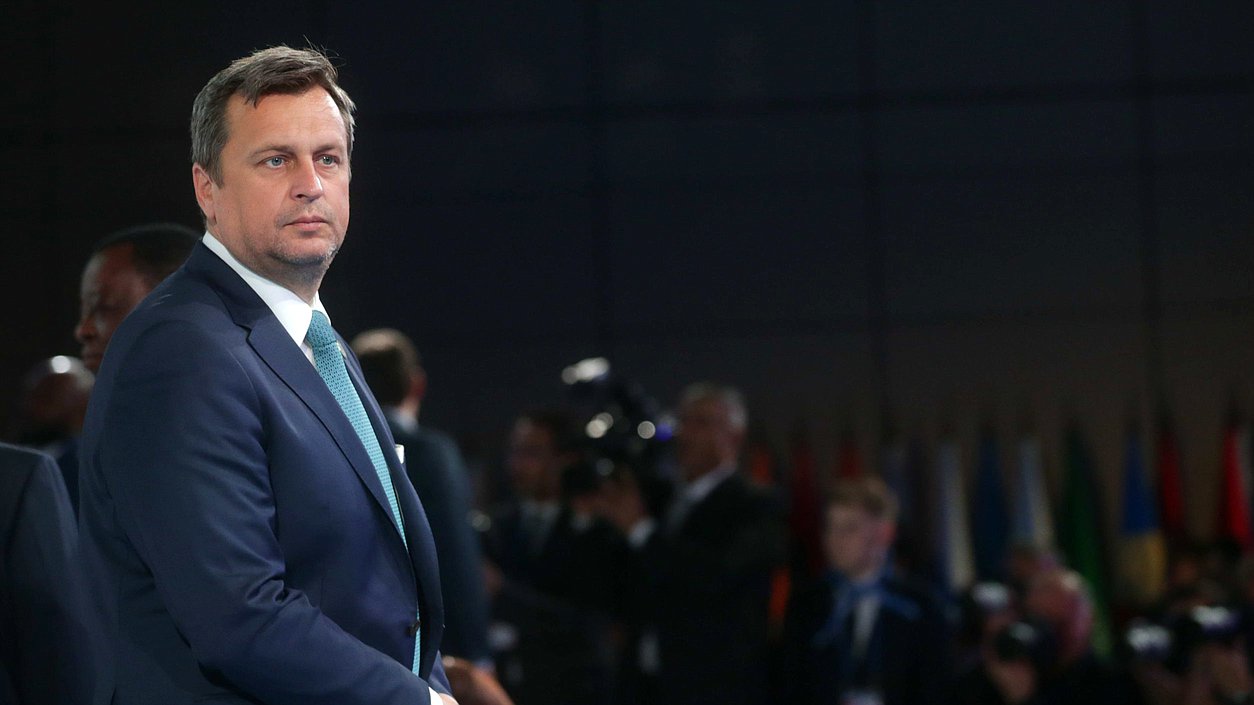
“Sanctions policy has failed to meet its goal. I believe that they it soon be ended, just as the restrictions measures in the Parliamentary Assembly of the Council of Europe (PACE) have been recently lifted. The paradox is that many people expected the restrictions measures to adversely affect Russia. But the reality is different. We see that technologies and science are developing in Russia, and import substitution is also taking place successfully,” Speaker of the National Council of the Slovak Republic Andrej Danko told Izvestia.
The author of the resolution, member of the National Council Peter Marchek, in his turn, told Izvestia that the resolution on lifting of sanctions against Russia will be submitted by the end of the summer. At the same time, the parliamentarian noted that the citizens of Slovakia are increasingly dissatisfied with the pro-Western foreign policy course, and, according to him, it was the reason for preparation of the document.
“No one says that we should refuse to cooperate with the United States, the United Kingdom or other Western states. But it is unacceptable that our country, in fact, is confrontation with a state with which we have dense historical, cultural, economic, and purely human ties,” said Peter Marchek.
He clarified that ”the resolution, which preparation is in the final stage, will be submitted within two months, it calls for the lifting of anti-Russian sanctions that have a negative effect on the economy of not only our country, but also of the rest of the European Union.“
At the same time, the parliamentarian is confident that the abandonment of the sanctions policy will entail development of a constructive dialogue between countries in all areas, including the energy security of Europe, fight against terrorism, and the enhancement of economic and humanitarian ties.
Peter Marchek explained that if at least 15 out of 150 deputies sign the resolution and the issue of lifting of the sanctions will be put to a vote in the parliament.
“There will not be a problem to enlist such support. However, it is difficult to say how the voting will be held. I know that many members of the Parliament, even those who are members of the ruling coalition, are against sanctions. Nevertheless, the states of Central and Eastern Europe are under strong pressure of Washington aimed at prevention of rapprochement with Moscow. Therefore, we do not know what individual politicians will do. One way or another, the initiative itself will become a message to the ruling elite that the society requests foreign policy to be changed,” concluded Peter Marchek.
